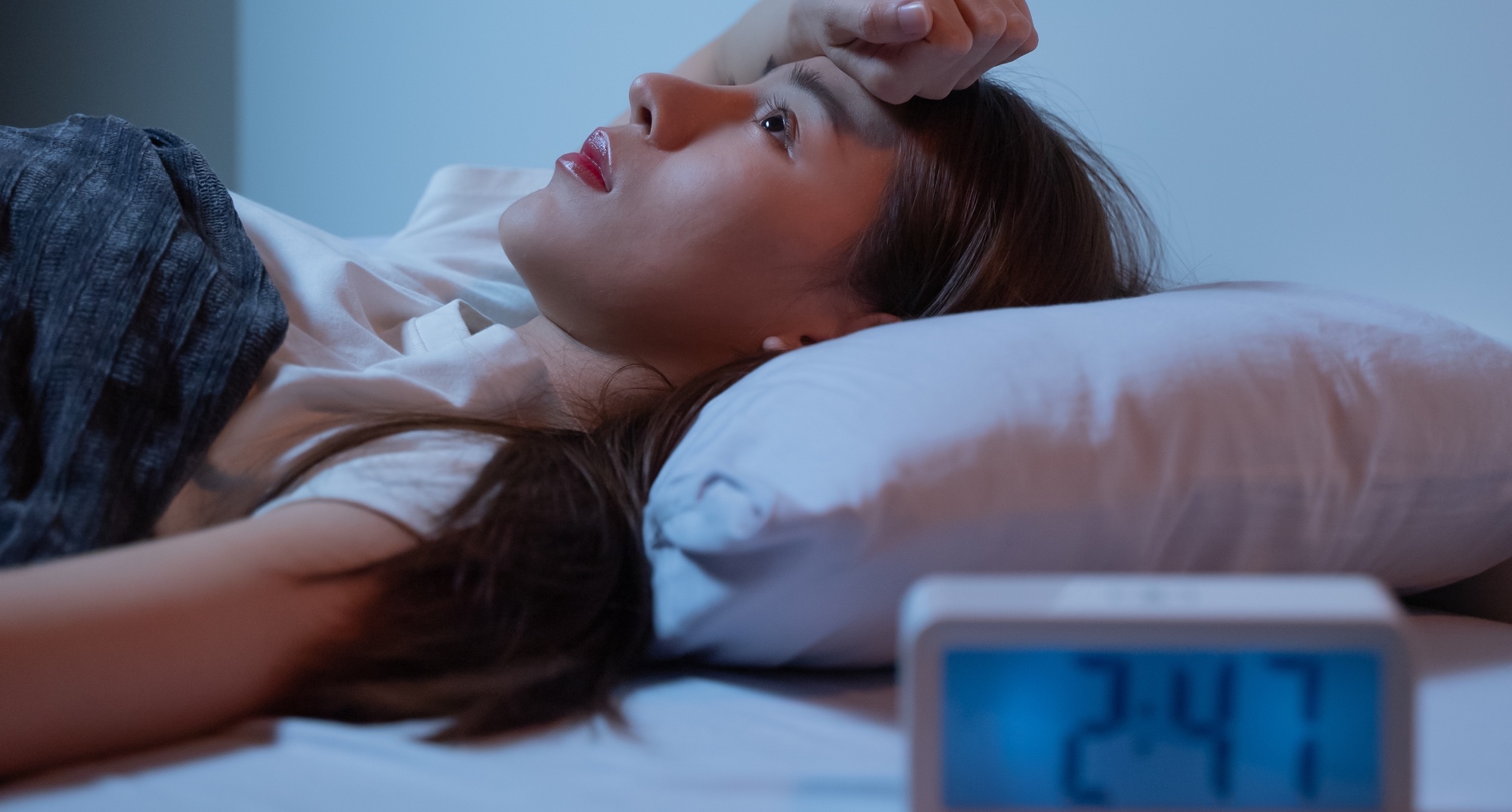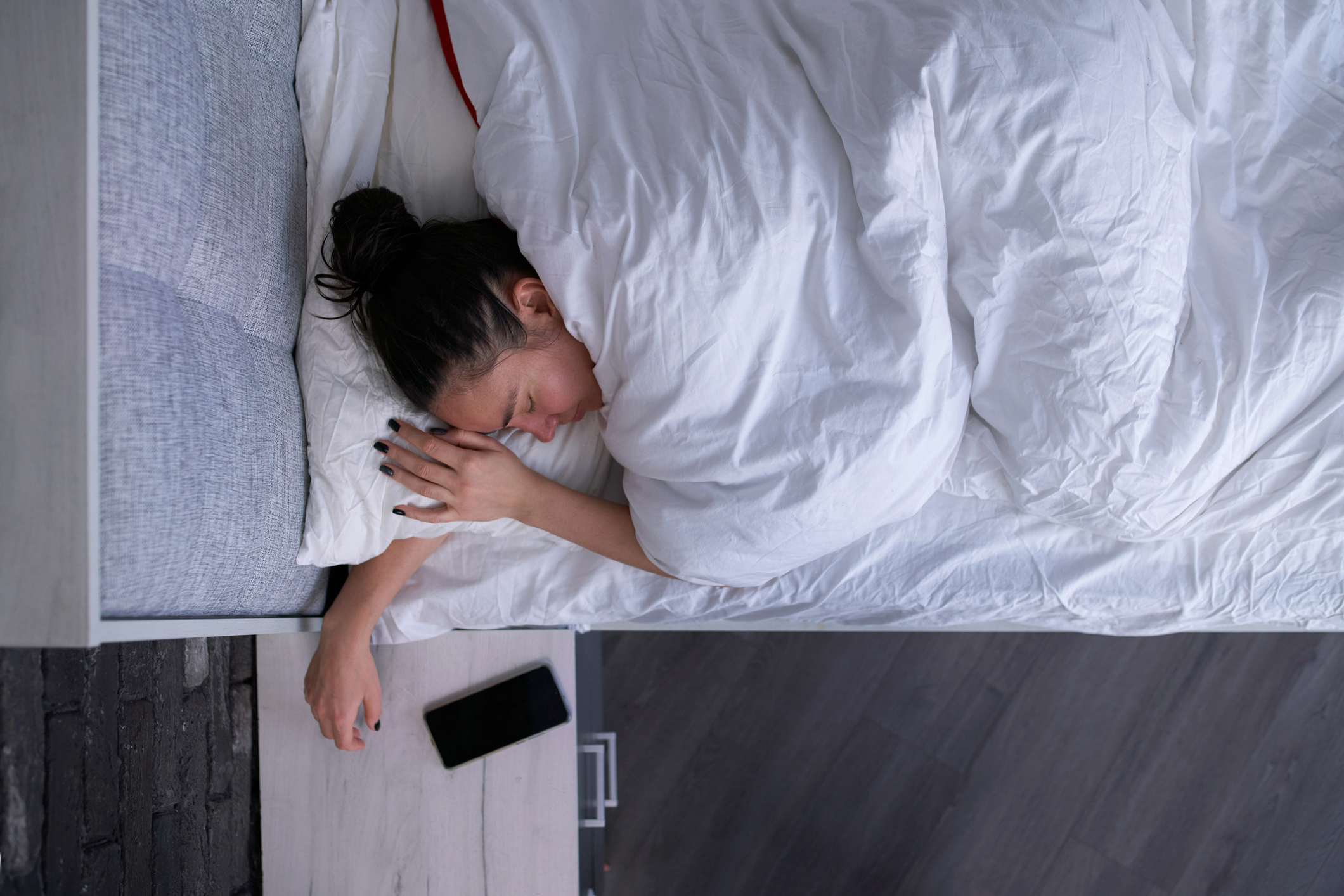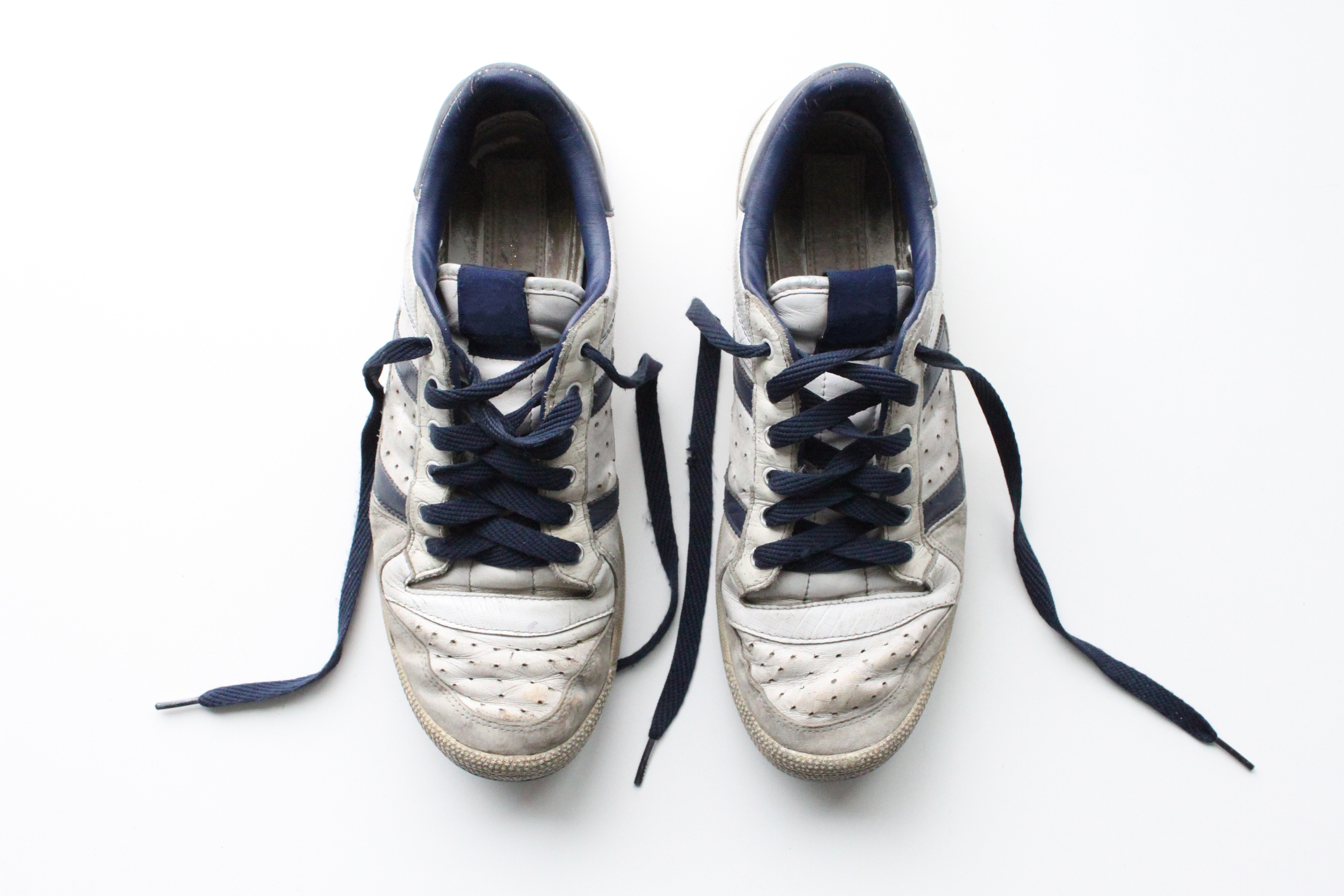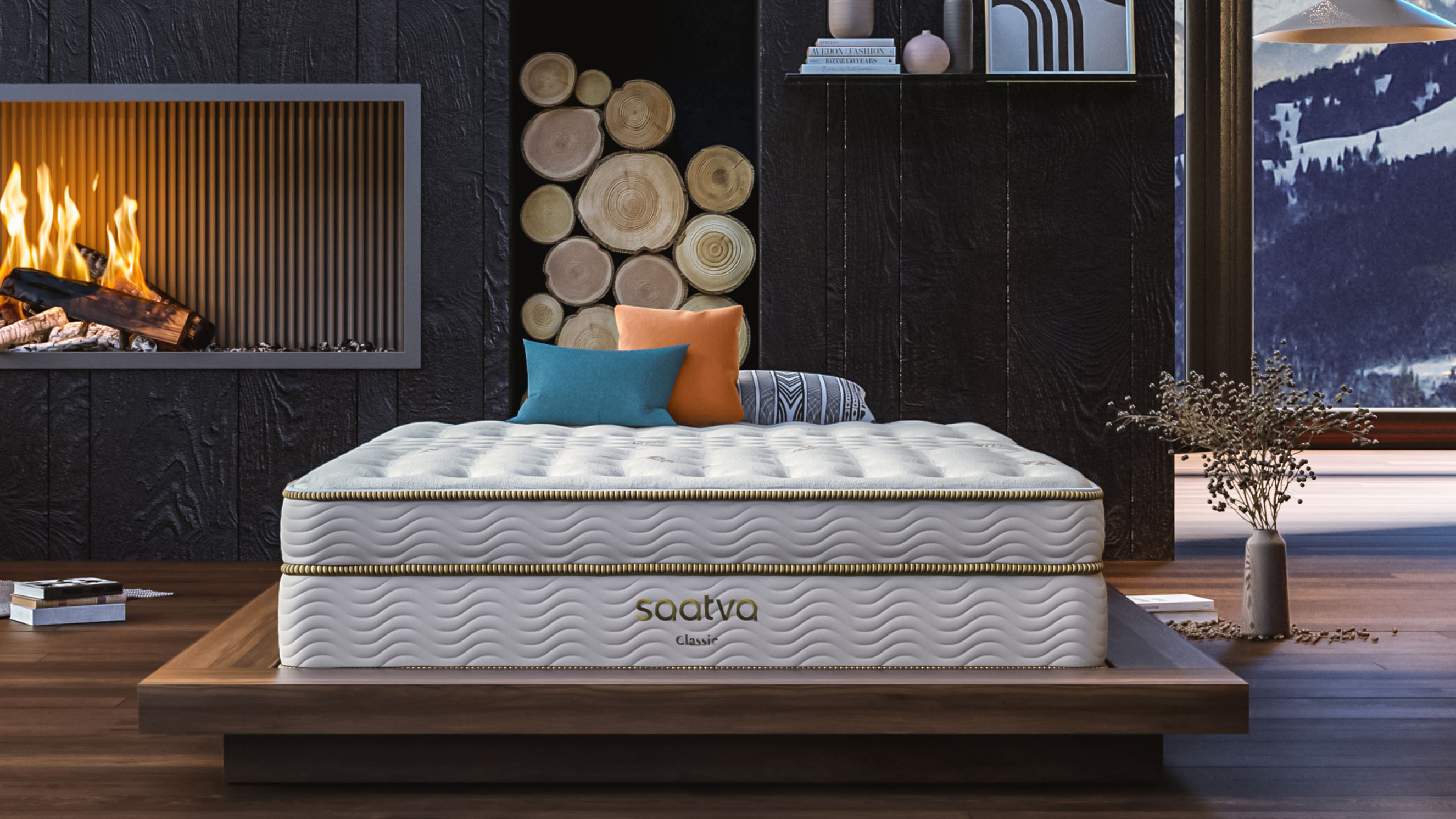7 things in your bedroom that are keeping you awake at night — and how to fix them
If you can't stay asleep all night and keep waking up, these are the culprits to watch out for

Going to sleep quickly and staying asleep all night is a shared goal among many of us — but could your own bedroom be scuppering your sleep quality? From temperature, light and even smell, we have identified seven things in your bedroom that could be affecting your ability to stay asleep all night.
“The space you sleep in has a big impact on how fast you fall asleep, how long you sleep for, whether you wake up repeatedly or not, and the quality of your sleep,” Claire Davies, Tom’s Guide Sleep Editor and Certified Sleep Science Coach explains. “In order to sleep well, your bedroom needs to be cool, dark and quiet.
“A 2018 study showed that if your room is too hot, bright or noisy, you will have difficulty falling asleep and staying asleep. Also, if your bedroom is too messy or cluttered, you may be too stressed out by the mess to focus on sleep." Davies explains.
“I recommend spending a few minutes right at the start of your nighttime routine where you clear away any surface clutter, pull back your duvet, dim the lights and switch off any electronics. Think of it as your at-home turndown service, just like you’d get in a fancy hotel.”
Even the very best mattresses money can buy will struggle to help you sleep well if your bedroom environment isn't conducive to sleep. Here we’ll explore seven common things in your bedroom that could be keeping you awake at night, as explaining how to fix them so that you can sleep better tonight.
7 things in your bedroom that are keeping you awake at night
1. Your bedroom is the wrong temperature
Studies show that the optimal bedroom temperature for quality sleep is between 20 and 25°C (68 and 77 F), so if your bedroom falls outside of that temperature range you may find it difficult to drop off. Your body’s temperature naturally fluctuates during the day before dropping by 0.5 and 1° F (0.3 to 0.6° C) around bedtime, so getting your bedroom temperature right is important. A bedroom that's too hot makes it difficult for your body temperature to drop in preparation for sleep.

The solution: During the hot summer months, keep a window open but close your curtains or blinds in the late afternoon to block out the sun and prevent it from turning your bedroom into an oven. In the cooler winter months when you're likely have the central heating on, avoid overheating by turning the heating off an hour before you go to bed to ensure your bedroom is the optimal temperature.
Get instant access to breaking news, the hottest reviews, great deals and helpful tips.
If you still find that you’re overheating, you might want to consider investing in one of the best cooling mattresses. Similarly, ensure that your room isn’t too cold by only opening your window a fraction during the winter. This way, your bedroom gets the ventilation it needs without getting too chilly.
2. Your bedroom is cluttered
A calm, clutter-free space is one of the key pillars of healthy sleep hygiene. If your bedroom is often untidy, your brain will start to associate your sleep space with mess and stress — which is not conducive to quality sleep. What’s more, studies show that people who sleep in cluttered bedrooms take longer to fall asleep than those who have tidy bedrooms.
The solution: If one big deep clean and tidy feels too overwhelming, take the decluttering one step at a time over the course of several days. In a series of timed ten minute tidying sessions, tackle the clutter in your bedroom, starting with anything on or around your bed.
Next, fold and put away any clean laundry and place any worn clothes in the dirty laundry basket. Once tidied, change your bed sheets for a free set and voila — your bedroom is now the perfect setting for quality, stress-free rest.
3. There's an overpowering smell in the room
“A small study looking at the effects of smell on sleep suggests that pleasant smells, such as flowers and plants, have a positive impact on our sleep,” explains Davies. “But pungent smells, such as body odor and harsh cleaning products, tend to have the opposite effect. So sweat-drenched sneakers and old plates of food should be banned from the bedroom at night, otherwise they may keep rousing you from sleep.”

The solution: Whether it's a pair of sweaty old running sneakers or an overpowering scented candle, it’s important to remove the source of the unpleasant smell from the bedroom. If the source of the smell can’t be removed, ensure your bedding is freshly laundered and deep clean your bedroom to remove any odorous bacteria.
Keep a window or door open during the day to aid ventilation and boost airflow, helping to move along any unwanted pongs. “Not all smells are bad though; aromatherapy, especially the essential oils lavender and ylang ylang, helps some people sleep better," explains Davies.
4. There's too much light in your bedroom
It could be light streaming in from under your bedroom door or the blinking light of an electrical item, but light can affect the quality of our sleep. Studies indicate that even the smallest amount of residual light can negatively impact our sleep and health, with findings indicating that our sympathetic nervous system (responsible for our fight or flight response) is triggered when we're exposed to light when sleeping.
The solution: If it’s an electrical item that is casting an unwanted light, remove it from your bedroom. If the source of the light can’t be removed, invest in a decent blackout blind or sleep mask to stop its ill-effects. While a blackout blind will prevent light from entering your room from outside, a sleep mask is a cost-effective barrier against light pollution coming from within your room.
5. Your bedroom is too noisy
Unsurprisingly, noise is one of the biggest disruptors of our sleep and huge culprit if you keep waking up at night. Like light and smell, sound is a sense that many of us need to be shut off in order to be able to rest peacefully. Not only are unwelcome noises irritating when you’re trying to get to sleep, they could even be harmful to your health.
Scientific research shows that noise can disrupt the time spent in each vital sleep stage, which means our bodies aren't getting the restorative slumber it requires in order to function optimally.
The solution: In an ideal world, you would simply turn off or remove the source of the sound from your bedroom and go back to sleep. However, house shares, noisy neighbors or snoring partners means that some sounds are out of our control. In these cases, ear plugs or streaming white noise sounds through noise canceling earbuds are an effective way to combat this.
6. Your mattress is unsupportive
Even if you've addressed all of the points above, an uncomfortable and unsupportive mattress could still spell restless nights. Regardless of how tidy your bedroom is or how much light your blackout blinds block out, a mattress that does not support your sleep needs could make it harder for you to go – and stay – asleep.

The solution: Whether it's one of the best hybrid mattresses of the year or a top-rated mattress for side sleepers, a mattress that supports your unique sleep needs will lull you into a restorative slumber by providing blissful pressure relief and cradling spine support.
With its customizable support, outstanding quality and excellent value for money, the Saatva Classic hybrid (read our Saatva Classic mattress review for more) is a solid choice for anyone looking for a new bed. We recommend replacing your existing mattress every six to ten years, but indications that yours could need replacing now include waking up with new aches and pains, plus signs of dipping or sagging.
7. Your pillow is uncomfortable
When it comes to creating a sleep-friendly surrounding to help you fall asleep fast and stay asleep, it's easy to overlook your pillow — but the wrong pillow can place the cervical spine under stress, leading to head, neck and shoulder pain. Falling asleep is hard, but staying asleep is even trickier.
The solution: Give careful consideration to the position you sleep the longest in. Is it your back, side, or stomach? The best pillow for your sleep position will cradle your head in the correct position without putting your head or neck under stain. The correct pillow for your sleep position will help you fall asleep faster and, crucially, stay asleep longer.

Nicola is the Sleep Editor at Tom’s Guide, where she helps steer the mattress and sleep content published on Tom’s Guide, including our Best Mattress for Back Pain buying guide. With a career in journalism spanning the best part of two decades, Nicola brings experience to the team and the knowledge of what makes a great article, whether that’s a how-to mattress cleaning feature, a deep dive into melatonin gummies, or an in-depth mattress review. As a sleep editor, few better understand how important a decent mattress is to the overall quality of our sleep, and precisely how our sleep impacts our physical and mental health. As well as tackling the vast topic of sleep, Nicola joins the raft of expert mattress specialists at Tom’s Guide, who test and compare a wide range of mattresses in order to guide readers towards the very best options on the market.
 Club Benefits
Club Benefits





